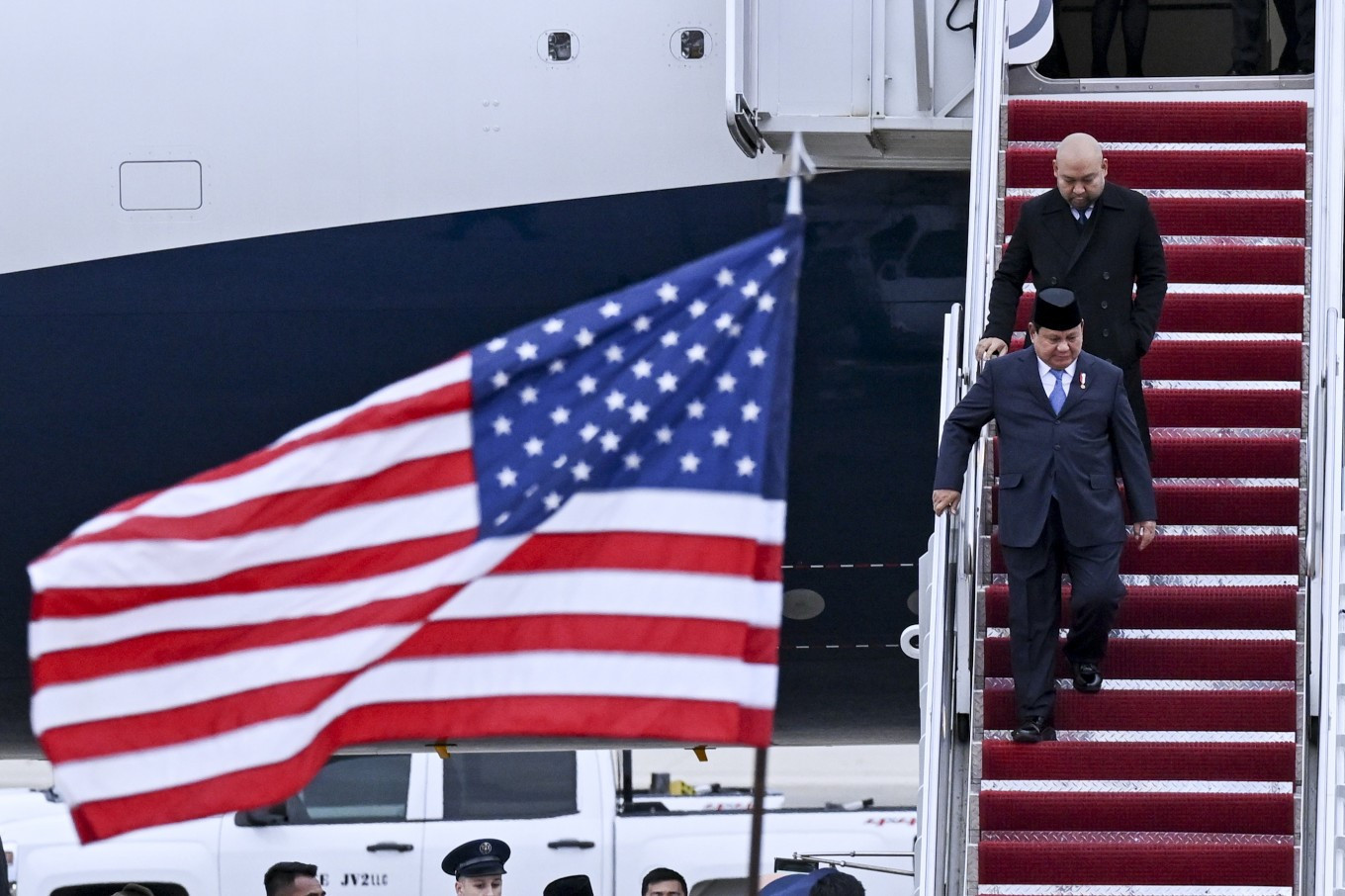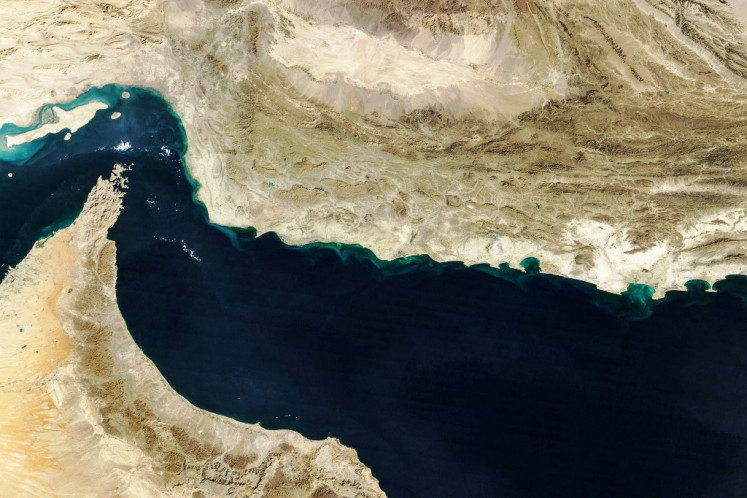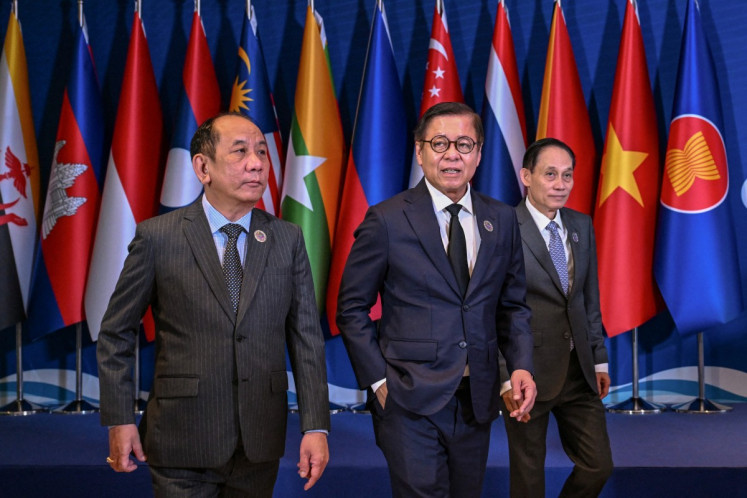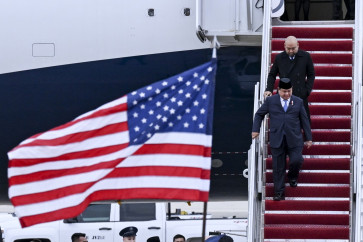Popular Reads
Top Results
Can't find what you're looking for?
View all search resultsPopular Reads
Top Results
Can't find what you're looking for?
View all search resultsAnalysis: Under Prabowo, non-aligned Indonesia seen shifting away from US
Change text size
Gift Premium Articles
to Anyone
W
hen he took over the helm in October, President Prabowo Subianto was widely expected to reposition Indonesia in the ongoing superpower contest closer to the center. Consistent with its non-alignment foreign policy principle, this would mean Indonesia shifting away from China and closer to the United States.
His predecessor Joko “Jokowi” Widodo brought Indonesia closer to China in the previous 10 years, making the country heavily dependent economically and politically on Beijing. It was Prabowo, the former Army general who served as Jokowi’s defense minister in 2019-2024, who put some restraints by forging closer security ties with the US.
Today, Indonesia has far more defense and security cooperation programs with the US than it has with China, including holding a massive joint military exercise every year. And Indonesia continues to rely on the US to supply most of its weapons. As far as its national security is concerned, China rather than the US is seen as a threat, not only because of its geographical proximity but also because Beijing is starting to exercise its maritime claims in the South China Sea, where the Asian giant has territorial disputes with several Southeast Asian countries, including Indonesia.
Three months into his presidency, we have not seen any evidence, or any real effort from Prabowo to shift the balance, raising questions about his intentions or how he plans to address the power rivalry. Even after the Jan. 20 inauguration of Donald Trump as US president, Indonesia will likely struggle to change the perception in the West of its pro-China position.
The good news is that Foreign Minister Sugiono managed to have a phone conversation with new US Secretary of State Marco Rubio the day after Trump’s inauguration. According to the US embassy in Jakarta, and confirmed by the Indonesian Foreign Ministry, the two discussed at length the importance of the relationship to their respective national economies and to the peace and stability in the Indo-Pacific region. Rubio also encouraged Indonesia to play a role in the Middle East, including in the reconstruction of Gaza following the truce agreement between Israel and Hamas.
Putting all these formalities aside, one issue that is seriously undermining this relationship is the absence of an Indonesian ambassador in Washington, DC, a position that has been left vacant since July 2023. Even since taking power in October, Prabowo has yet to name a candidate for the job. When he does, it will likely take at least six months of confirmation hearing processes before that person can take office.
The absence of an envoy is sending the wrong signal to Washington about how Jakarta treats this relationship, after jointly elevating it to the level of Comprehensive Strategic Partnership in November 2023.



















